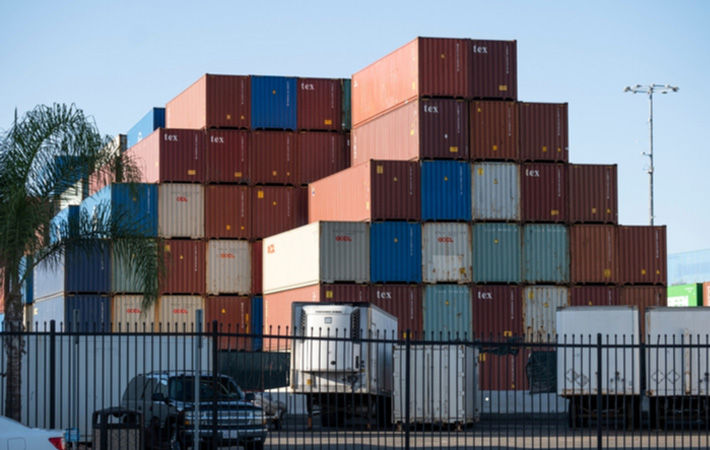
While the situation remains highly fluid and the outlook is subject to extraordinary uncertainty, the economic consequences are already very serious, the statement said.
Energy and commodity prices have surged, adding to inflationary pressures from supply chain disruptions and the rebound from the COVID-19 pandemic.
Price shocks will have an impact worldwide, especially on poor households for whom food and fuel are a higher proportion of expenses. Should the conflict escalate, the economic damage would be all the more devastating. The sanctions on Russia will also have a substantial impact on the global economy and financial markets, with significant spillovers to other countries, the IMF statement said.
In many countries, the crisis is creating an adverse shock to both inflation and activity, amid already elevated price pressures. Monetary authorities will need to carefully monitor the pass-through of rising international prices to domestic inflation, to calibrate appropriate responses, it said.
Fiscal policy will need to support the most vulnerable households, to help offset rising living costs. This crisis will create complex policy tradeoffs, further complicating the policy landscape as the world economy recovers from the pandemic crisis, it added.
Moldova has requested an augmentation and rephasing of its existing IMF-supported program to help meet the costs of the current crisis, and IMF staff are actively discussing options with the Moldovan authorities.
ALCHEMPro News Desk (DS)
Receive daily prices and market insights straight to your inbox. Subscribe to AlchemPro Weekly!